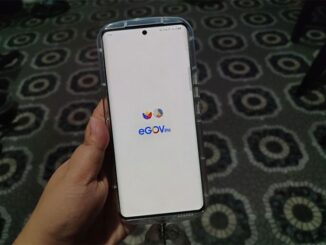
Department of Information and Communications Technology (DICT) Secretary Ivan John Uy said on Monday that a comprehensive law was needed to curb the proliferation of deepfakes in the country.
”I think so, we need a new law. Actually, I think we need to have a more comprehensive law rather than bits and pieces of legislation that address small items. For instance, you have an anti-scam law, you have an anti-misinformation law, you have anti-deep fake law, something like that,” Uy said during an episode of Malacañang Insider.
”Like for instance, in other countries, they have, for example, Singapore, they have online harm law. So that covers anything. If your conduct online causes harm, be it phishing, scamming, deep fake, misinformation, whatever, then it’s covered under that law,” he added.
According to the DICT, deepfakes are the “mimicry of the voice or image of the person purporting to be someone else.”
It can be generated by splicing photos, videos, audio, or a combination of the formats to create deceiving and false content.
The DICT said that while the Philippines lacked regulations against deepfakes, there were measures penalizing erroneous use, including spreading fake news.
The DICT cited Article 154 of the Revised Penal Code, which states that “any person who, by means of printing, lithography, or any other means of publication, shall publish or cause to be published as news any false news which may endanger the public order or cause damage to the interest or credit of the State.”
Recently, the Presidential Communications Office (PCO) flagged a video featuring a deepfake audio of President Ferdinand “Bongbong” Marcos Jr. supposedly instructing the military to act against a foreign country.
Marcos never gave such an order. — DVM, GMA Integrated News





Be the first to comment